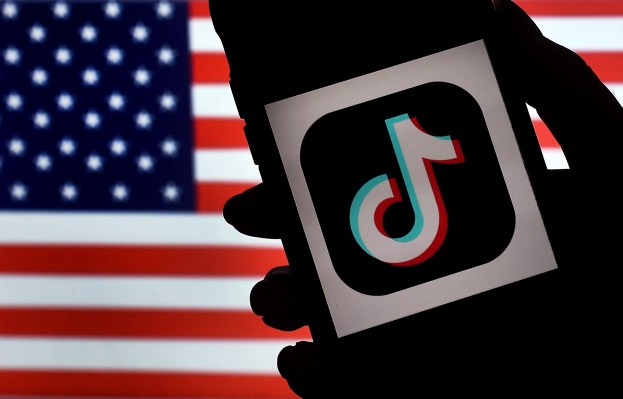If TikTok is banned in the U.S., Meta is likely going to be the biggest winner, alongside YouTube and Snap, according to research and brokerage firm Bernstein.
Ahead of TikTok CEO Shou Zi Chew’s appearance in front of Congress on Thursday, the research firm said in a note to clients that Meta could quickly attract a lot of users and minutes spent on the app if the ByteDance-owned app is banned from the States.
Chew is going to testify in front of Congress following multiple calls to ban the short-video app in the country and pressure on ByteDance from the Biden administration to sell TikTok U.S. or face a prohibition.
“Users go where they already are. It’s likely Instagram’s Reels, where users are already watching the most short-form videos outside TikTok, and Snap’s Spotlight, which offers the highest demographic overlap with TikTok, that should be the big winners,” the Note said.
Meta, Google and Snap could see a spike in revenue due to TikTok’s absence, which could likely also benefit their stocks, Bernstein’s note said. TikTok’s projected revenue in the U.S. was expected to be in the ballpark of $7 billion to $8 billion, the note said.
“Ad dollars go where advertisers are most comfortable with the highest ROI. Meta once again looks the likeliest winner with best-in-class ad products, including SFV, while YouTube offers the highest overlap of branded campaign objectives. YouTube was also likely the largest share donor to TikTok ads, and could see ad dollars return home,” the note said.
Users go where they already are. It’s likely Instagram Reels and Snap Spotlight that should be the biggest winners. Bernstein
Earlier this week, Chew said TikTok has more than 150 million users in the U.S. Bernstein estimates that collectively these users spend more than 2.8 trillion minutes per year on the app, which puts TikTok in the second spot for minutes spent per day per user (52 minutes), just behind Netflix.
In 2020, India banned TikTok for its Chinese ownership and concerns over the app threatening “the national security and defense” of the country. Soon, local apps like ShareChat’s Moj, Times Internet’s MX Takatak (acquired by ShareChat) and Google-backed VerSe Innovation’s Josh quickly gained a bunch of TikTok’s users, international players like Instagram, YouTube and Snap also seized upon the opportunity with short-format videos.
Bernstein noted that it doesn’t see a similar scenario of local TikTok clones rising up in the U.S.
Given recent gestures from the White House, lawmakers and federal law enforcement agencies, Chew is in for a potentially harsh turn under the glare of the government’s big, bright lights.
Ahead of his congressional testimony, Chew shared a prepared statement saying the belief that TikTok is “beholden” to the Chinese government is inaccurate.
“… I understand that there are concerns stemming from the inaccurate belief that TikTok’s corporate structure makes it beholden to the Chinese government or that it shares information about U.S. users with the Chinese government,” Chew said.
“This is emphatically untrue. Let me state this unequivocally: ByteDance is not an agent of China or any other country.”
TikTok has spent more than $1.5 billion on Project Texas, which aims to appease American authorities regarding the safety and transparency of the app’s U.S. operations.
The company has also highlighted how the app contributes to the economy by saying more than 5 million businesses are on TikTok. Plus, the app employs more than 7,000 people in the country. A set of creators, along with some Democratic representatives, are siding with TikTok and protesting the potential ban in Washington, DC.

